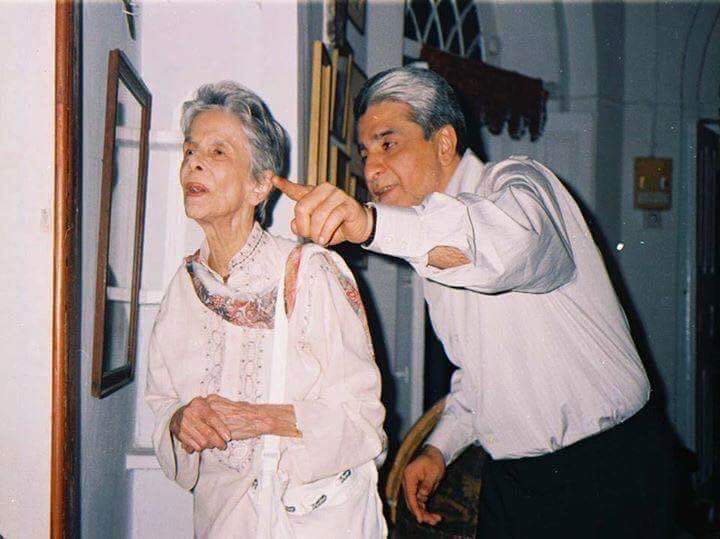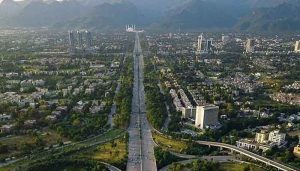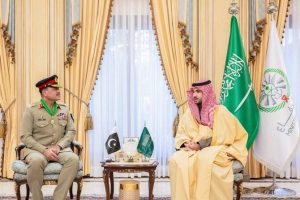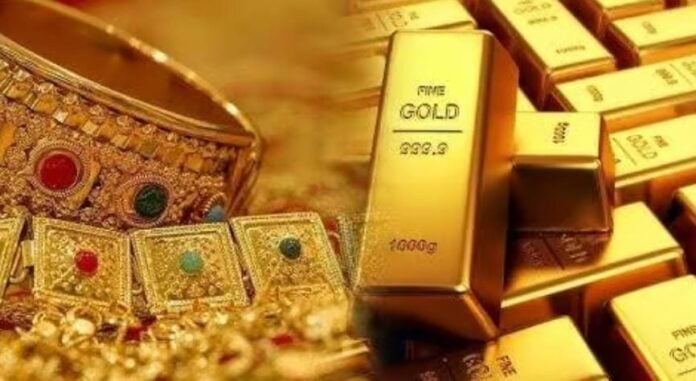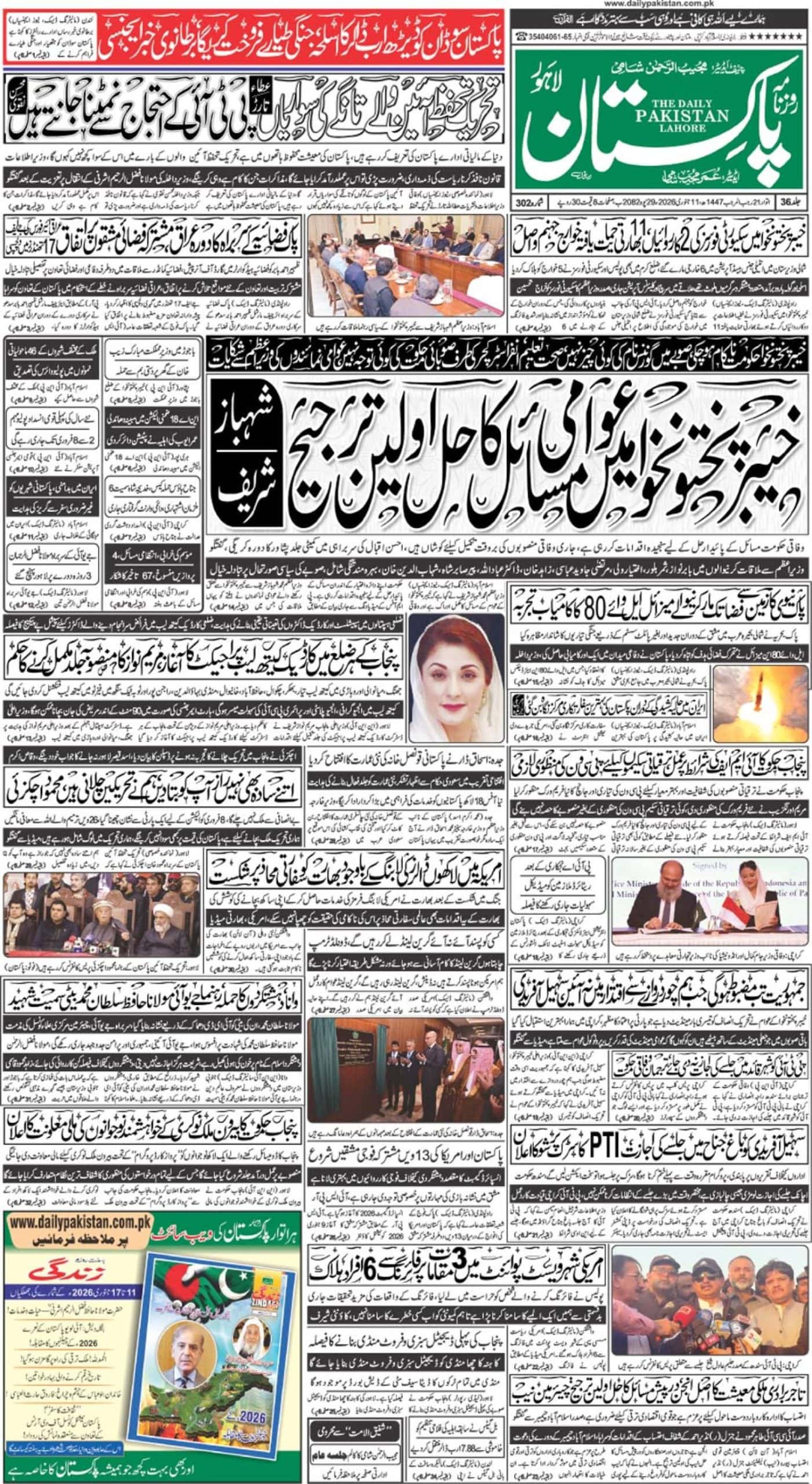Dina Wadia, the only child of Quaid-e-Azam Muhammad Ali Jinnah, has passed away in New York at an impressive age of 98. Ms. Wadia’s death marks an end of an era.
The saddened death of – almost forgotten daughter of Quaid – brought back a lot of memories for a lot of people. Her uncanny resemblance to Quaid-e-Azam, her gentle demeanor, and her classic elegance, reminded everyone of her father. Just like Jinnah left everyone dazzled of his charms, Ms. Wadiya too mesmerized everyone she ever met.
Yousaf Salahuddin, the grandson of Allama Mohammad Iqbal, narrated the beautiful story of the time when Dina Jinnah visited Pakistan. According to his account, it was in 2004 and he was dining with the then finance minister of Pakistan Shaukat Aziz when he informed him that Ms. Wadiya is coming to Pakistan.
“The rest of the dinner passed in a haze while I wondered what it would be like to meet this remarkable
lady”, shared Salahuddin.
“I grew up in a family where stories of the Quaid were often narrated and listened to in rapt attention. I never had the opportunity of meeting the great man himself, even though he seemed omnipresent in our house”, Yousaf wrote and added, “the possibility of seeing the Quaid’s daughter in this same haveli moved me beyond words. I didn’t know very much about Dina Wadia other than that she was a private person. I had only read one interview of hers which was done for a documentary by my friend Sophie Swire during the 50th independence celebrations of India and Pakistan. I could clearly see her father in her”.
Mr. Yousaf got the opportunity to meet Ms. Wadiya when he shared his utmost desire with Jinnah’s grandson and Ms. Wadiya’s son Nasli Wadia, at a party. The party was hosted by Yousaf’s son on the evening of March 24 during Wadiya family’s visit to Pakistan. The next day, Nasli called ask Yousaf if he’d joined him and his mother for dinner at a chic cafe in the walled city.
Iqbal’s grandson arrived at cafe early and was excited to see Ms. Jinnah. In his own words:
“I arrived early at the cafe and was there to watch Ms. Wadia walk in. I was stunned by her resemblance to her father. Everyone who sees her for the first time is struck by her remarkable likeness to her father. Shaharyar Khan was kind enough to ask me to sit next to her. When I was able to speak, the first thing I said to her was: “Ma’am, you have done a great honour to us by coming to Pakistan.” To which she replied: “I’m happy to be here but you really must thank Shaharyar. It was at his invitation that I am here.”
Iqbal’s grandson invited Ms. Dina to visit the very haveli, he had met her father in. Ms. Wadia graciously accepted the invitation and Yousaf showed her around, the pictures of her father and aunt.

According to Mr. Yousaf, Ms. Wadiya was gracious like her father, she looked like her father, she spoke like her father and she hated police escorts and the attendant fanfare, just like her father. When she was about to leave his haveli, people gathered around her car, she met them pleasantly and it was for the first time in Pakistan that he saw people to make a queue and wait for their turn to shook Ms. Dina’s hand, shared Yousaf.
“The car rolled away and the evening was at an end. As I stood there and watched her go……Come back soon [Dina], this is the home of your father and you remind us so much of him”, wrote Yousaf at the end of his memoir.
Dina Jinnah is gone but still lives in the memory of those who had a chance to meet her. Maybe it was her gracefulness or her extraordinary resemblance to her father or her striking persona, that everyone -who knew her personally and didn’t know her personally – is having a hard time believing that our last immediate connection to Quaid is no more with us.

